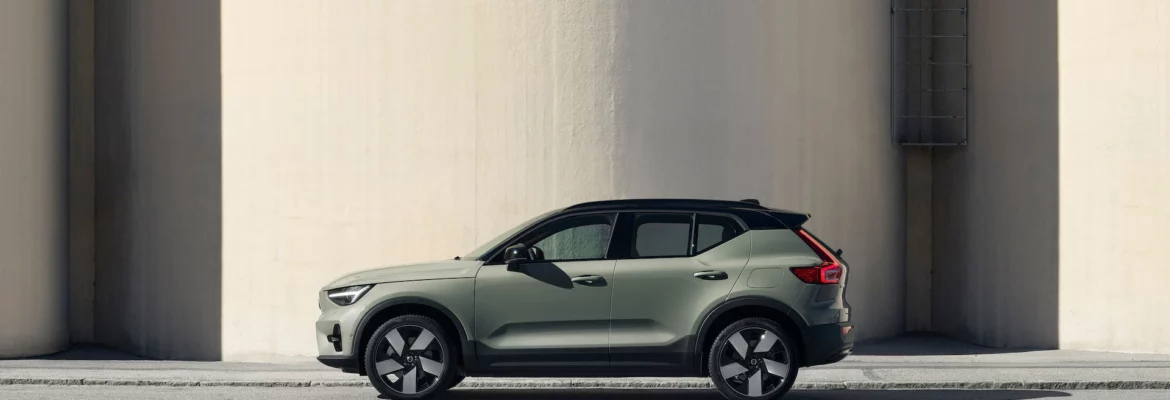XC40 Recharge named Green Utility Vehicle of the Year by AJAC
The XC40 Recharge, the first fully electric vehicle from the Swedish carmaker, has been named Green Utility Vehicle of the Year by the Automobile Journalists Association of Canada (AJAC).
Experts at AJAC recognize the industry’s rapid acceleration towards an electrified future and evaluate vehicles throughout the year in real-world Canadian conditions to help consumers and eco-conscious buyers better understand the number of available options and factors to consider when making the switch to a greener alternative.
All eligible entrants to the AJAC Green Utility Vehicle of the Year award were scored on parameters that included recharge time, driving range, vehicle dynamics, market significance and overall value. The automaker’s overall sustainability efforts were also a determining factor for the Canadian Green Utility Vehicle of the Year award.
Powered by twin electric motors, one on the front and one on the rear axle, the XC40 Recharge features a 78 kWh battery that can be fast charged from 10 to 80 per cent in about 33 minutes. The zero tailpipe emission, all-wheel drive powertrain generates up to 402 hp and 486 lb. ft. of linear torque, can accelerate from 0-100 km/h in about 4.9 seconds and offers a range of up to 359 kilometres on a single charge. Google Assistant, Google Maps and Google Play are seamlessly integrated for a uniquely helpful and connected driving experience.
“At Volvo, sustainability is just as important as safety,” said Matt Girgis, managing director, Volvo Car Canada Ltd. “The XC40 Recharge earning the prestigious AJAC Green Utility Vehicle of the Year award confirms that we are on the right track. Additionally, with the XC40 recently being awarded TSP+ award, Volvo is now the most awarded TSP+ auto manufacturer, further showcasing our commitment to safety in tandem with sustainability.”
As Volvo Cars continues down its path toward electrification and a zero-emission future, the automaker aims for half of its global sales to be all-electric by 2025, with the rest being hybrids, and is committed to becoming a fully electric car company by 2030.
Volvo Cars climate plan goes beyond addressing tailpipe emissions through electrification; the company will also tackle carbon emissions in its manufacturing network, wider operations and supply chain. Volvo Cars will also make better use of valuable material and lower its carbon impact by embracing the circular economy. By mid-decade Volvo Cars aims to have 50 per cent of sales be fully electric vehicles, 50 per cent of sales come from online purchasing, and 40 per cent less CO2 lifecycle emissions.
To learn more about the Volvo Cars approach to environmental sustainability, please visit: www.volvocars.com/en-ca/v/sustainability


